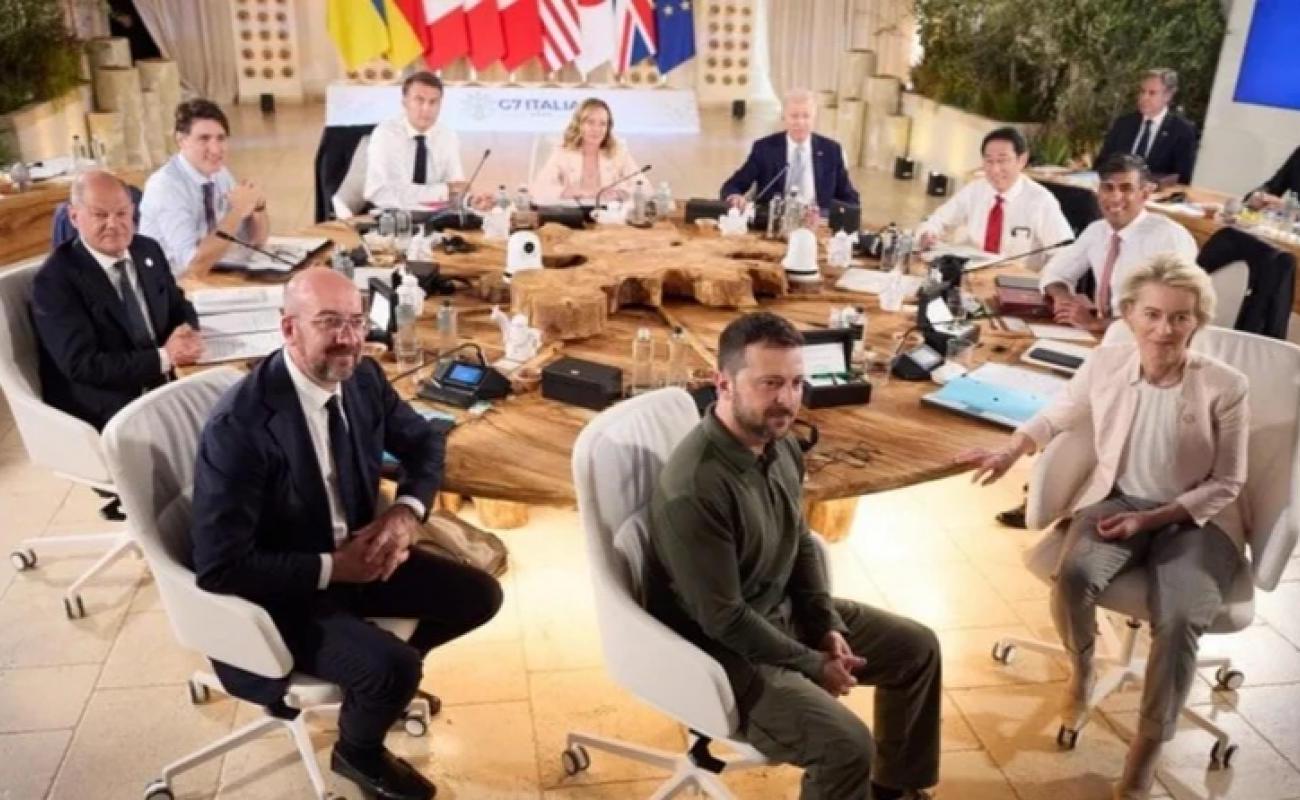Why the West is suddenly so decisive — opinion

Across several summer summits, support for Ukraine is discussed as one of the most important topics for the leaders of the civilized world.
In recent weeks, several specific decisions have already been made that should change not only the course of the war itself, but also Russia’s determination to continue it.
To begin with, I would like to remind you about the White House’s recent decision to give Ukraine permission to use U.S. weapons to strike Russian territory, although still ruling out attacking deep beyond the border.
This is a fundamental decision, because it enables destroying Russian military assets outside Ukraine and significantly changes Moscow’s offensive capabilities. U.S. President Joe Biden recalled this decision in France, where he met with Ukrainian President Volodymyr Zelenskyy.
In Berlin, at the largely symbolic Ukraine Recovery Conference, attendees talked not only about recovery, but also about the supply of new air defense systems and the need to counter new Russian attacks on Ukrainian infrastructure.
Another important decision was made regarding frozen Russian assets in the West at the G7 meeting in Italy. It’s about the proceeds from assets worth $50 billion being made available to Ukraine. The assets themselves will remain frozen for now, with funding provided as a loan secured against them. The communique also sent a signal to Moscow: if the war continues, the funds could ultimately be seized altogether.
And, of course, the decision on new sanctions, by the way, not only against the Moscow Stock Exchange and other important Russian institutions, but also against Chinese companies that actively cooperate with Russia and help restore and develop this country’s military-industrial complex. And this is a signal not just to Moscow, but also to Beijing.
Why is the West acting so unusually decisively? And why is one fundamental decision supplemented by another? Maybe because Western leaders are trying to take away Russian dictator Vladimir Putin’s monopoly on escalation?
After all, earlier it was the Russian leader who raised the stakes when he convinced his Western colleagues that their help to Ukraine would lead not to an end, but to an escalation of the conflict. And they continued to hope in vain that Putin would realize the futility of his intentions regarding his attempt to absorb Ukraine and look for realistic ways to end the war. For some reason, the Russian leader was in no hurry to realize this.
The West’s patience began to fade around the second anniversary of the full-scale invasion, when French President Emmanuel Macron gathered Western leaders for a meeting at the Elysee. It was there that Macron said that the West’s task is to create a sense of strategic ambiguity vis-a-vis Russia and spoke about the possibility of deploying NATO troops in Ukraine.
Yes, it was only a verbal escalation, but still very important, especially since Macron hasn’t given up his intentions and is now trying to gather a real “coalition of instructors” to train Ukrainian soldiers in Ukraine. But now the “escalation of words” is complemented by the “escalation of actions,” which is important for changing the course of the war.
